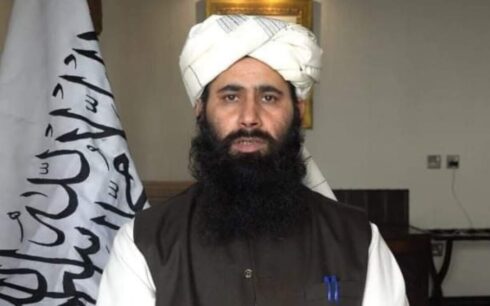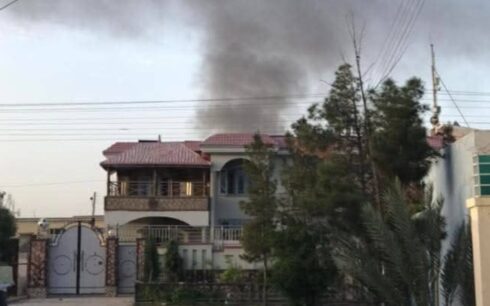ISLAMABAD, Pakistan — Pakistanis will cast their votes in a general election on Thursday, Feb. 8, the first since 2018. The election comes as the country grapples with an economic crisis, marked by high inflation and a weak currency. The nation is currently under a caretaker government and is following a path to recovery under a $3 billion bailout from the International Monetary Fund (IMF), approved last July.
The IMF bailout, which helped Pakistan avoid a sovereign debt default, also required the country to introduce $1.34 billion in new taxes for fiscal adjustments. These measures have led to a record inflation rate of 38% year-on-year in May, which remains above 30%.
Rickshaw Driver Struggles with Inflation
Ishfaq Hussain, a 48-year-old rickshaw driver and father of six in Islamabad, has been in the profession for two decades. He used to earn between 1,000 ($4) and 1,200 ($4.3) rupees daily five years ago. However, due to escalating inflation and fuel prices, his income has significantly decreased. After expenses, including the lease of his rickshaw and petrol costs, which have doubled in five years, Hussain now earns about 500 rupees ($1.8) per day. To support his family, he often borrows money from relatives and friends, and aspires to own his rickshaw someday.

Naan Shop and Tea Store Face Challenges
In Lahore, the Five Star Naan Shop is known for its meat and cheese naan bread. The shop, selling 2,000 to 2,500 naans daily, has increased prices four times in two years due to rising costs of ingredients and electricity. Each price hike has resulted in the loss of several hundred customers, according to Sajid Hussain, the 26-year-old store manager.
Similarly, Muhammad Adeel, 35, the fourth-generation owner of Yaku Tea Store in Lahore, has faced customer loss due to increased tea prices. The 24/7 tea house, established in 1938, has lost about a fifth of its clientele as Adeel tries to cover growing operational costs.
Vegetable Vendor’s Family Struggles
Muhammad Saqib, a 45-year-old vegetable vendor living on the outskirts of Lahore, struggles to support his family of nine in a two-room house. His sons work as daily wage laborers, and his daughters contribute by sewing gowns and scarves. Despite their combined efforts, the family faces financial hardships. Only the eldest daughter completed high school, as the others dropped out due to financial constraints. In winter, the family relies on wood fire and blankets for warmth.





